Summary
Highlights for Friday, 29 November 2019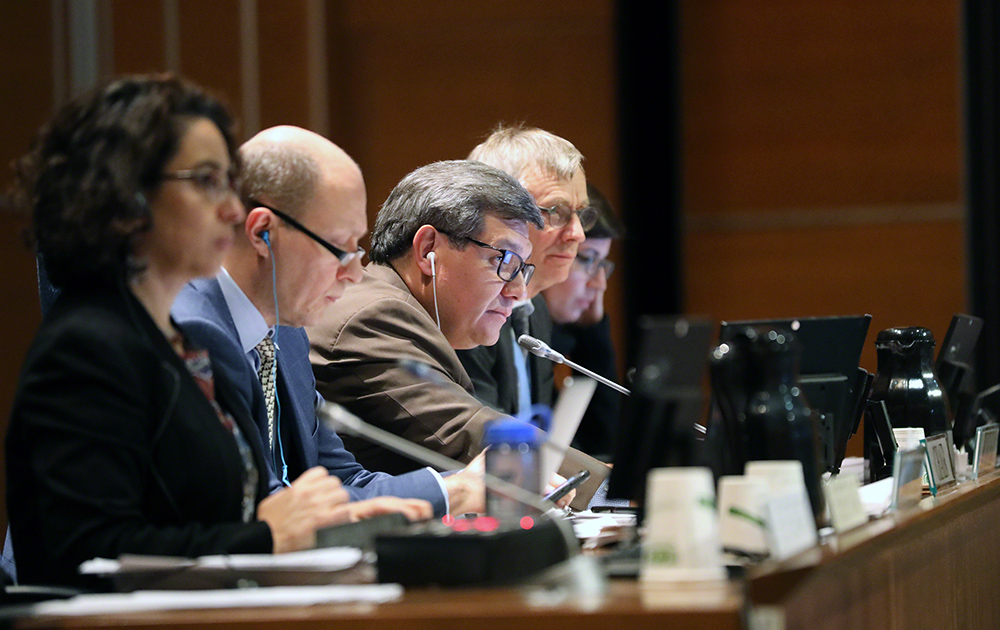
Delegates to the 23rd meeting of the Subsidiary Body on Scientific, Technical, and Technological Advice (SBSTTA 23) of the Convention on Biological Diversity (CBD), concluded their deliberations, approving draft recommendations to the Conference of the Parties (COP) on:
Lengthy deliberations took place under the agenda items on biodiversity and climate change, technical and scientific cooperation, and the post-2020 framework. The final recommendations on nature and culture, and climate change and biodiversity contain bracketed text. In closing remarks, Elizabeth Mrema, Officer-in-Charge of the CBD Secretariat, thanked all participants for their collaboration, flexibility, and perseverance. She pointed out that the technical and scientific evidence base has been further strengthened to provide essential guidance for the development of the post-2020 framework. She expressed her confidence that in cooperation with partner conventions, institutions, and stakeholders, renewed biodiversity goals and targets can be agreed on in time. Suriname, for Small Island Developing States (SIDS), stressed the importance of healthy ecosystems for poverty eradication, food security, and essential ecosystem services, emphasizing they represent an important element of identity and culture. She called for necessary capacity building, scientific and technical assistance, and technology transfer to support SIDS. The EU noted the recent alarming scientific reports on biodiversity loss, stressing that SBSTTA 23 results will support the Open-ended Working Group (OEWG) on the Post-2020 Global Biodiversity Framework to craft a robust and ambitious post-2020 framework. Lao People’s Democratic Republic, for Asia-Pacific, emphasized the importance of benefit-sharing from the utilization of genetic resources, and stressed the need to scale up action on pollution and marine debris. She further underscored the need for capacity building, technology transfer, and resource mobilization to implement the post-2020 framework.Noting that the science “shows that the threat is serious,” Iceland, also for Australia, Canada, Israel, New Zealand, and Switzerland, regretted that the document on biodiversity and climate change retains some brackets, but concluded that the recommendation under this item signifies “significant progress.” Belarus, for Central and Eastern Europe (CEE), appreciated participants’ “active” presence in the process, and noted the importance in concluding the first cycle of EBSAs. Bahamas, for GRULAC, expressed their concern with the progress in the negotiations, and hoped for a more “planned and structured dialogue” on the “most relevant” parts of the framework in the future. Noting that biodiversity and its loss must be recognized as a global priority, she recalled the importance of synergizing work on biodiversity and climate change. Cameroon, for the African Group, emphasized the deliberations on technical and scientific cooperation in support of the post-2020 framework, and highlighted advice to the Co-Chairs of the OEWG on the Post-2020 Global Biodiversity Framework on direct and indirect drivers and on the need to give equal attention to all three objectives of the Convention.SBSTTA 23 Chair Hesiquio Benítez Díaz (Mexico) thanked delegates and participants for a successful meeting. Convinced that “2020 is going to be a super year,” he gaveled the meeting to a close at 10:28 pm.
IISD Reporting Services, through its ENB Meeting Coverage, provided daily web coverage and daily reports from WG8J 11 and SBSTTA 23. In addition, IISD Reporting Services has published a summary and analysis report from the meetings in HTML and PDF.
Photos by IISD/ENB | Mike Muzurakis
For photo reprint permissions, please follow instructions at our Attribution Regulations for Meeting Photo Usage Page
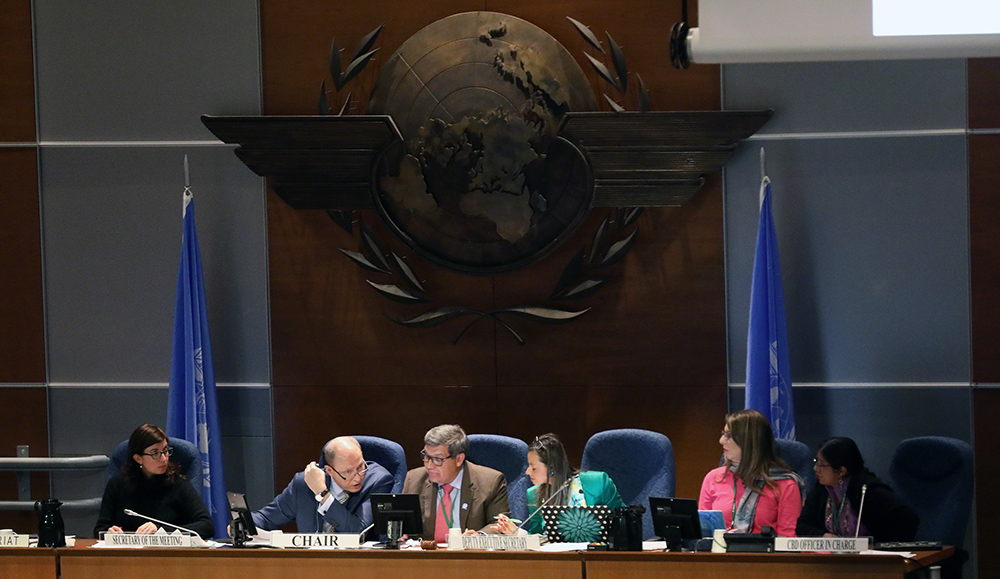

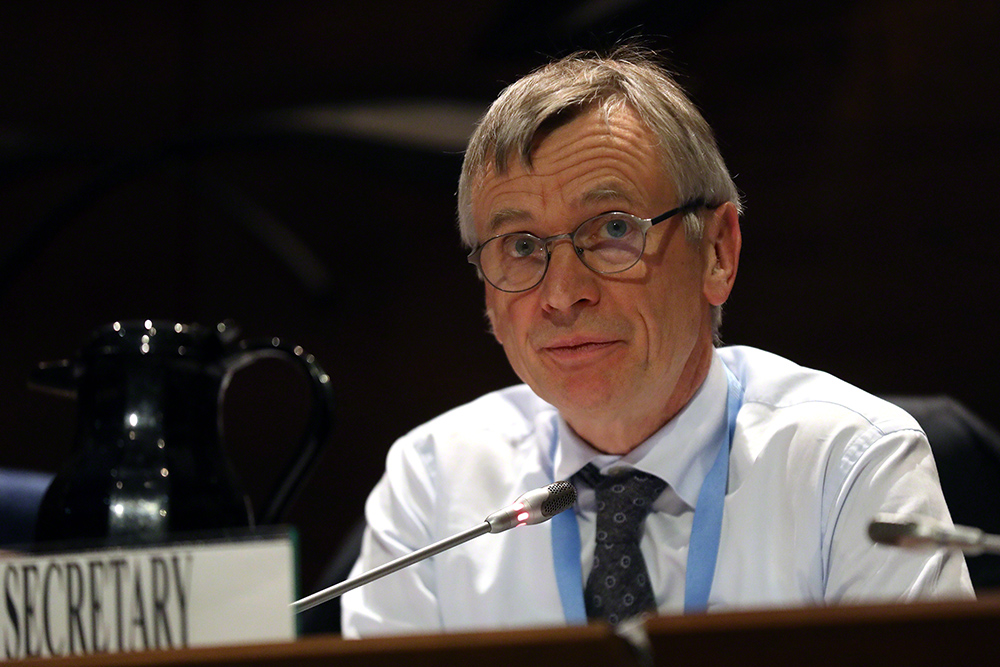
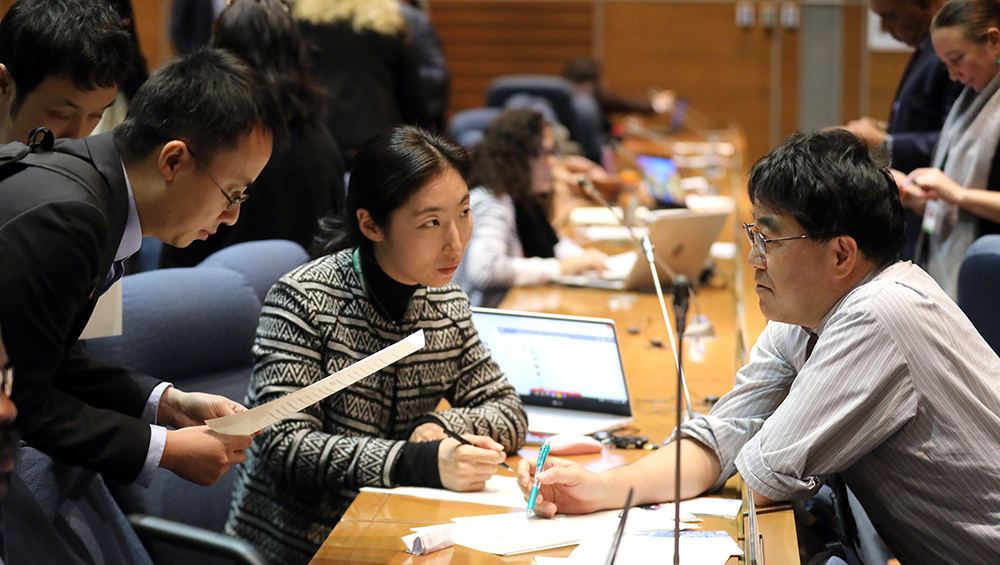
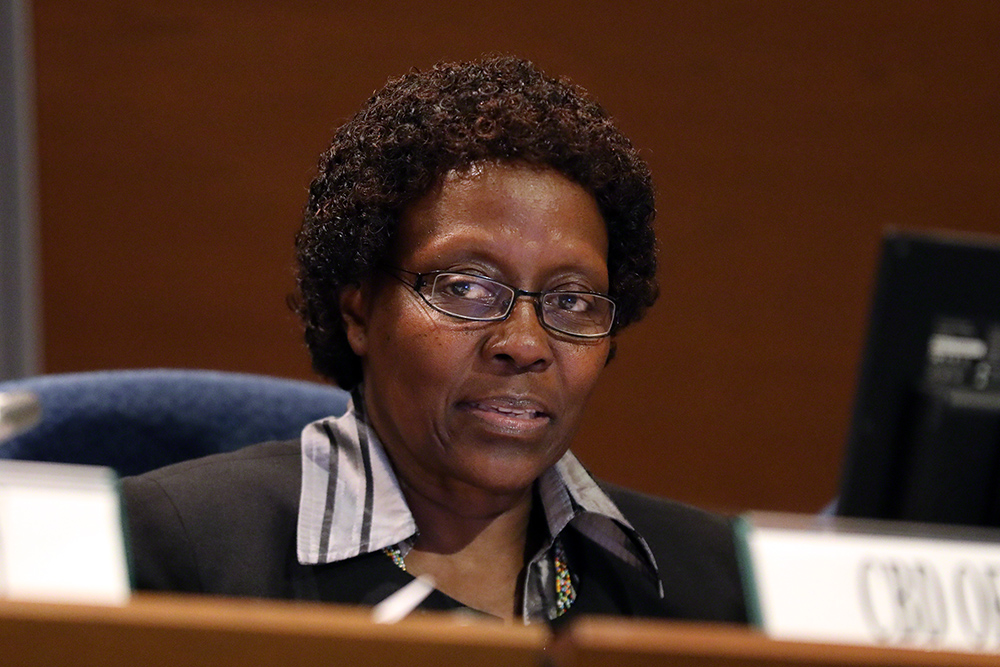

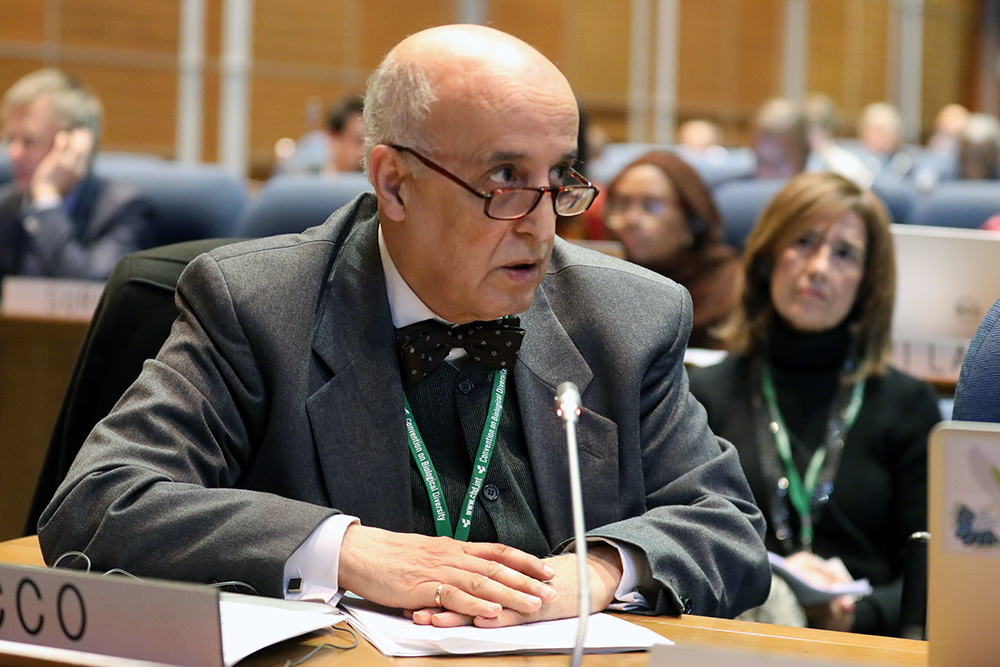
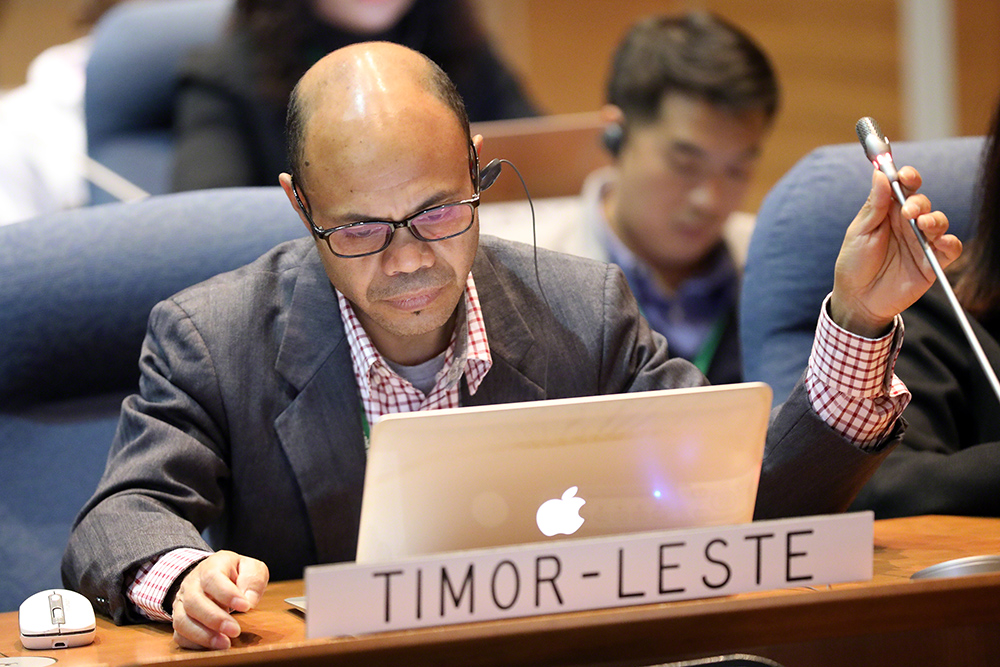
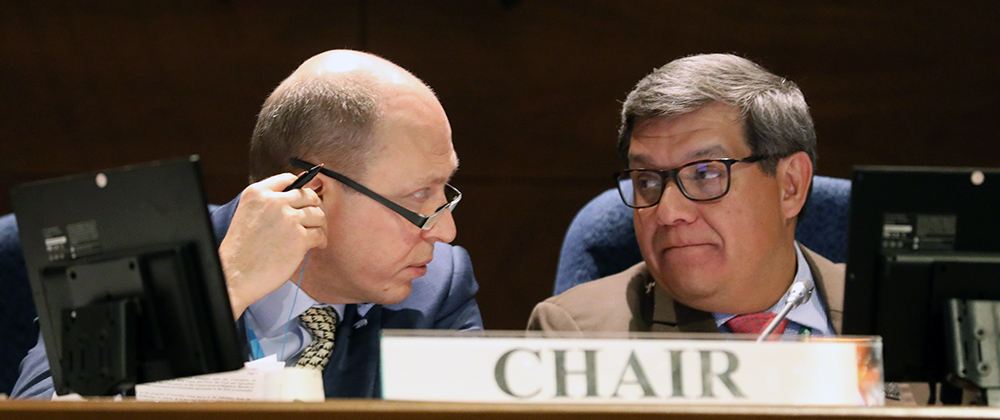
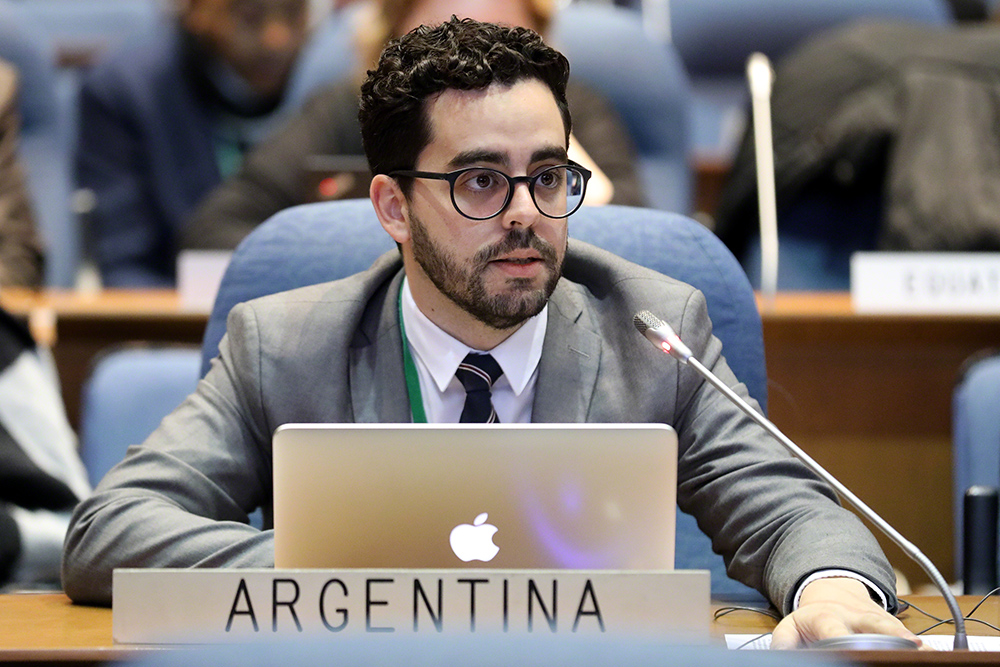
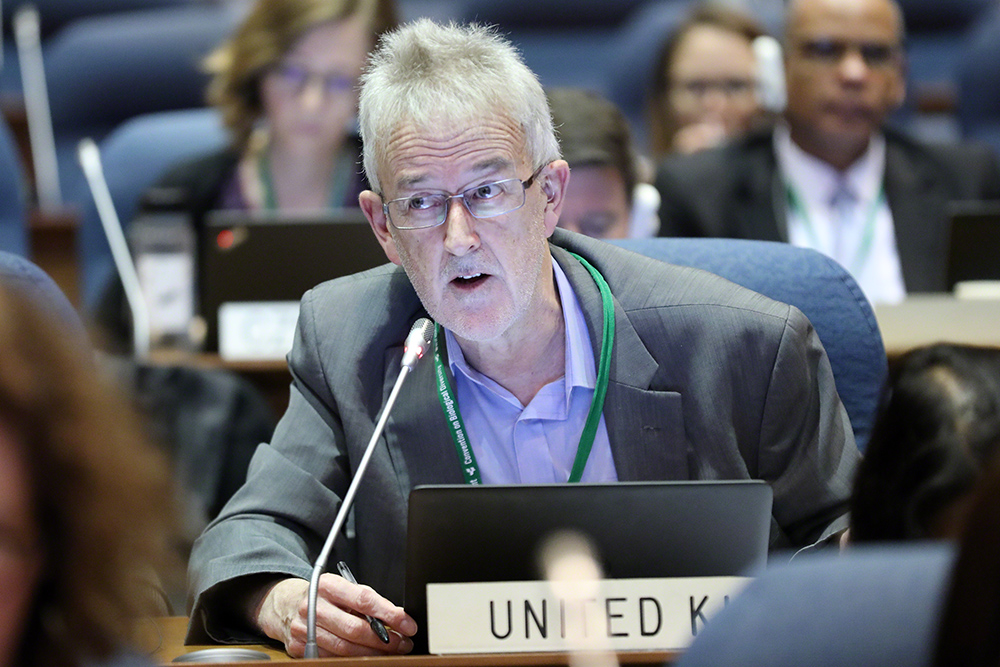
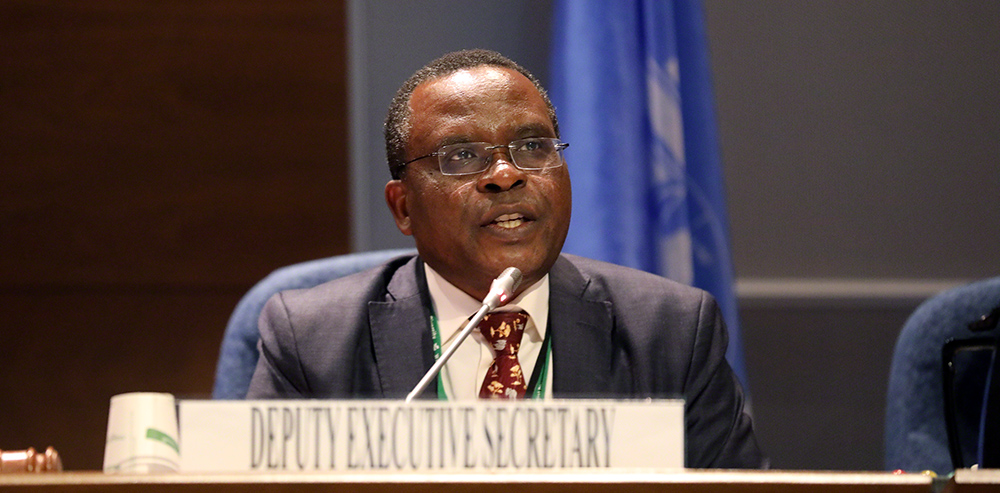
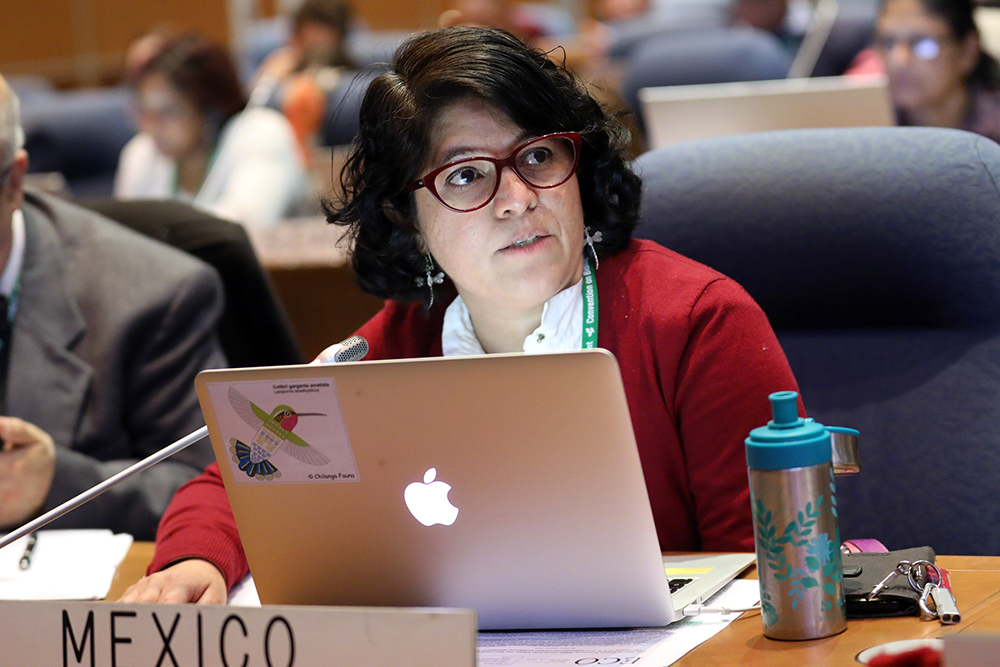
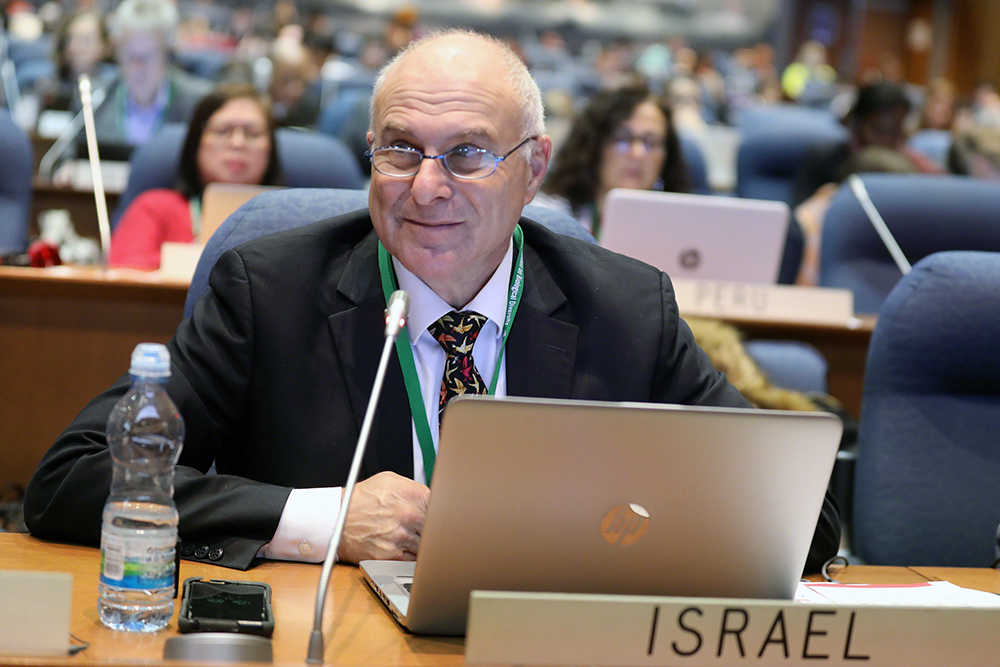
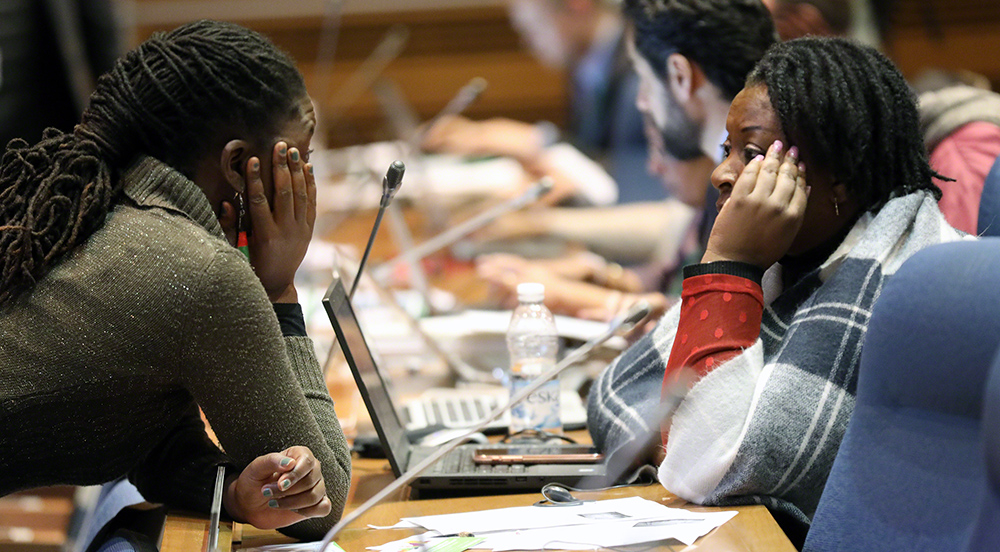
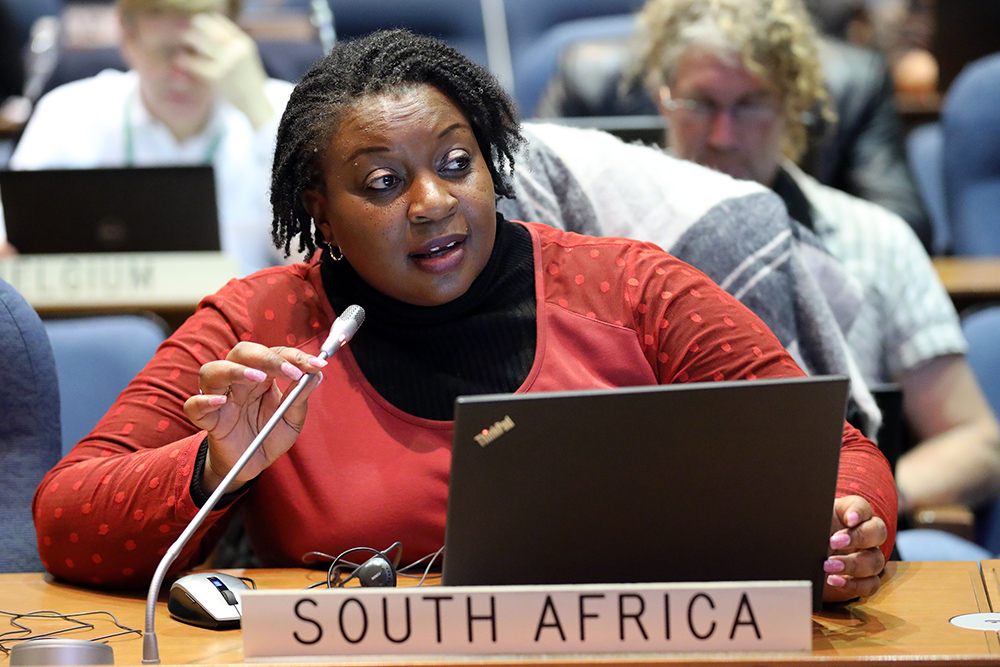
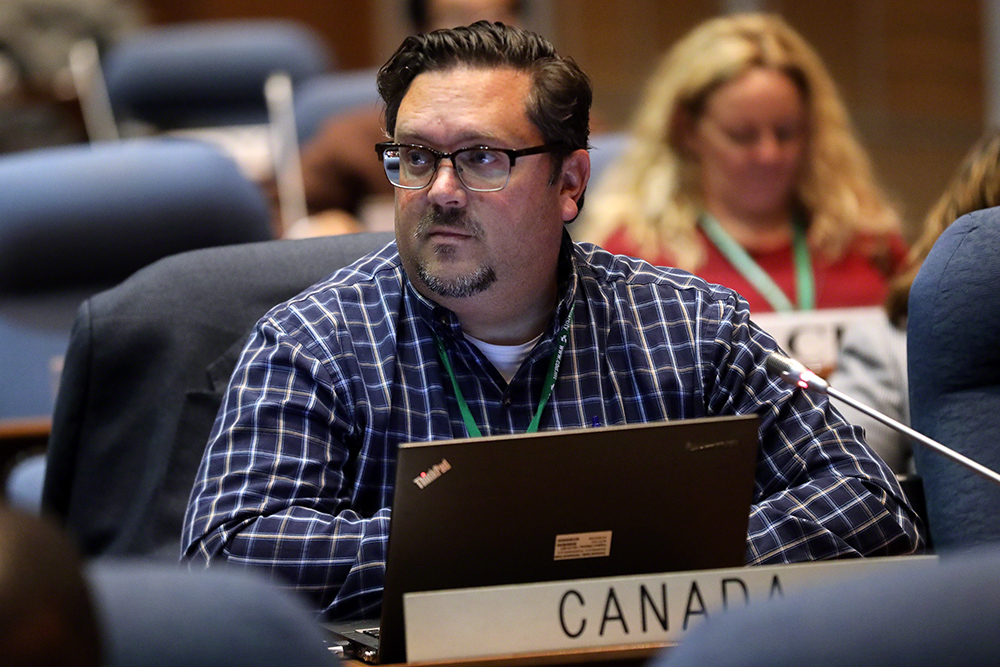
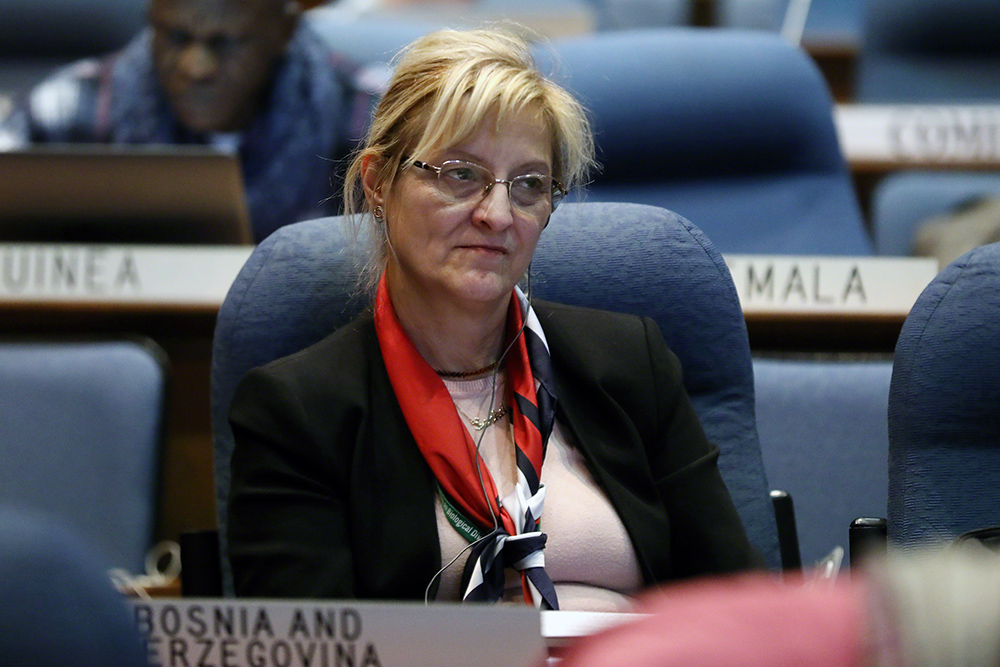
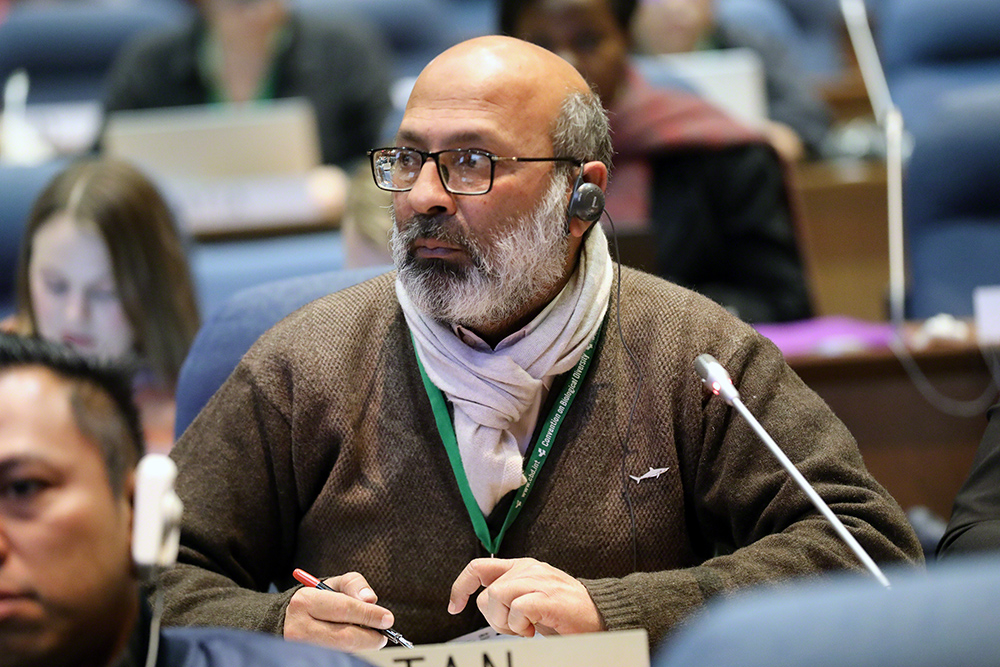
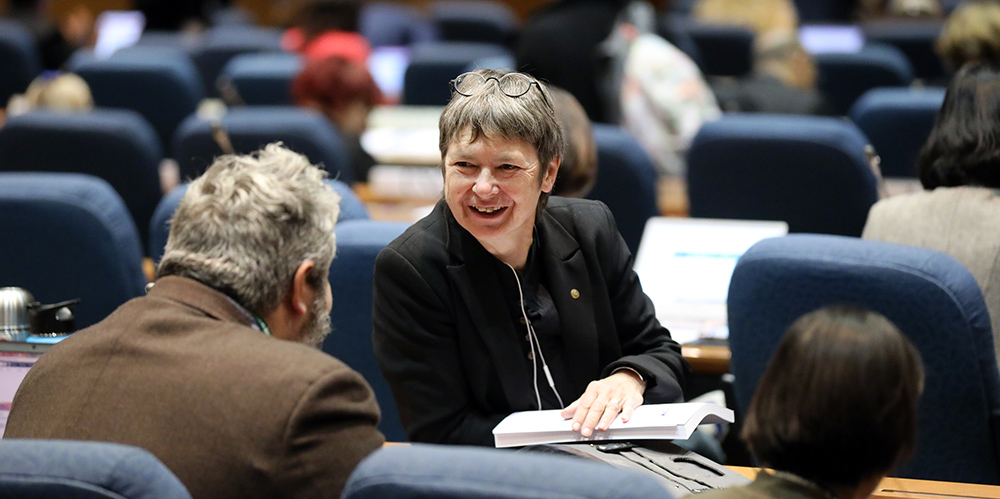
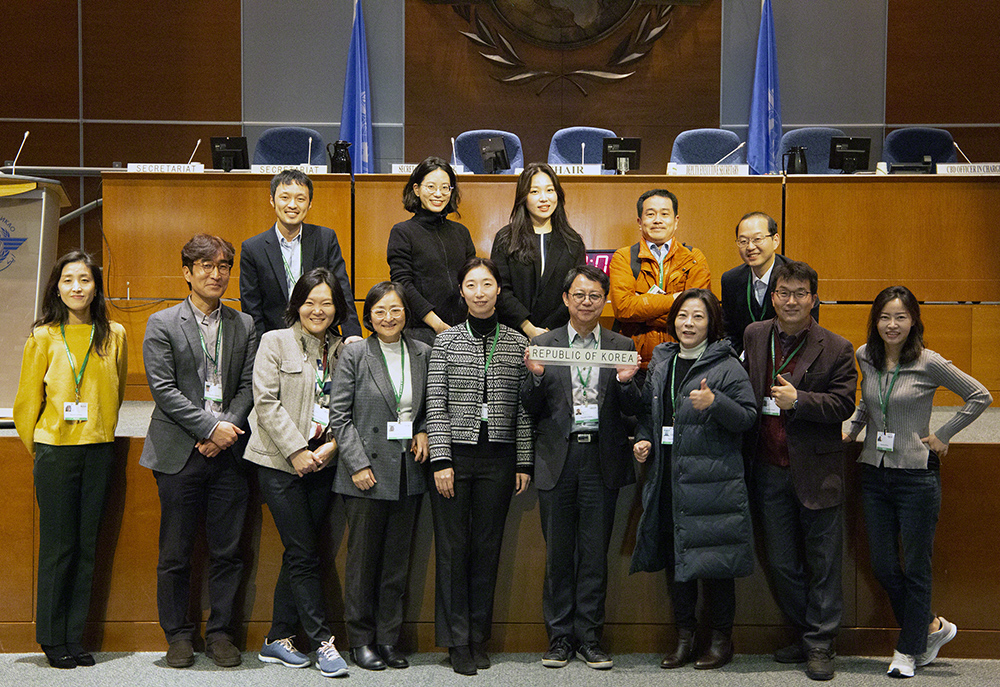

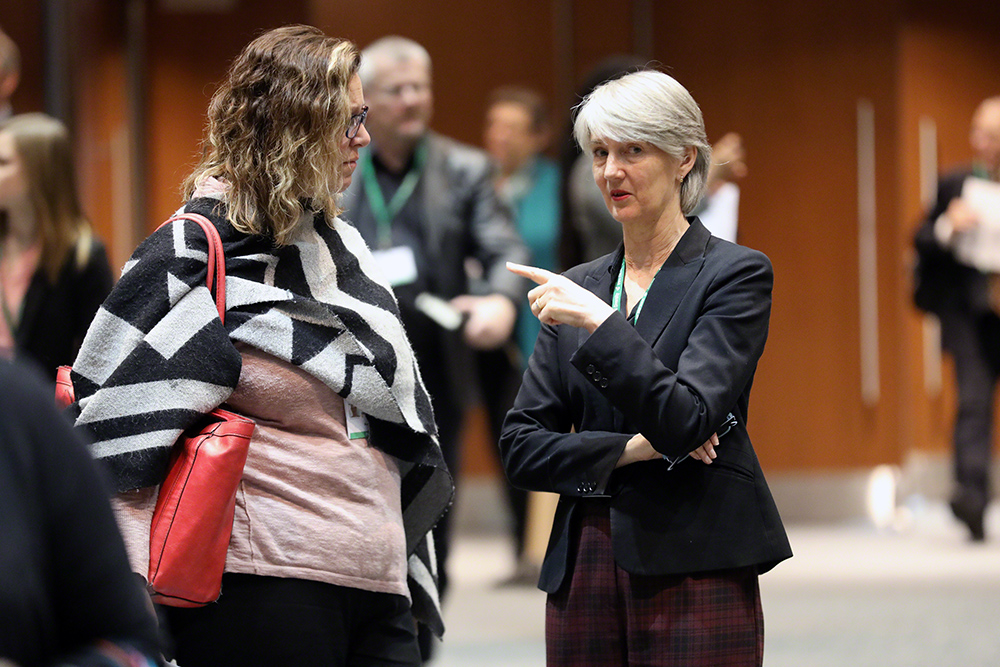

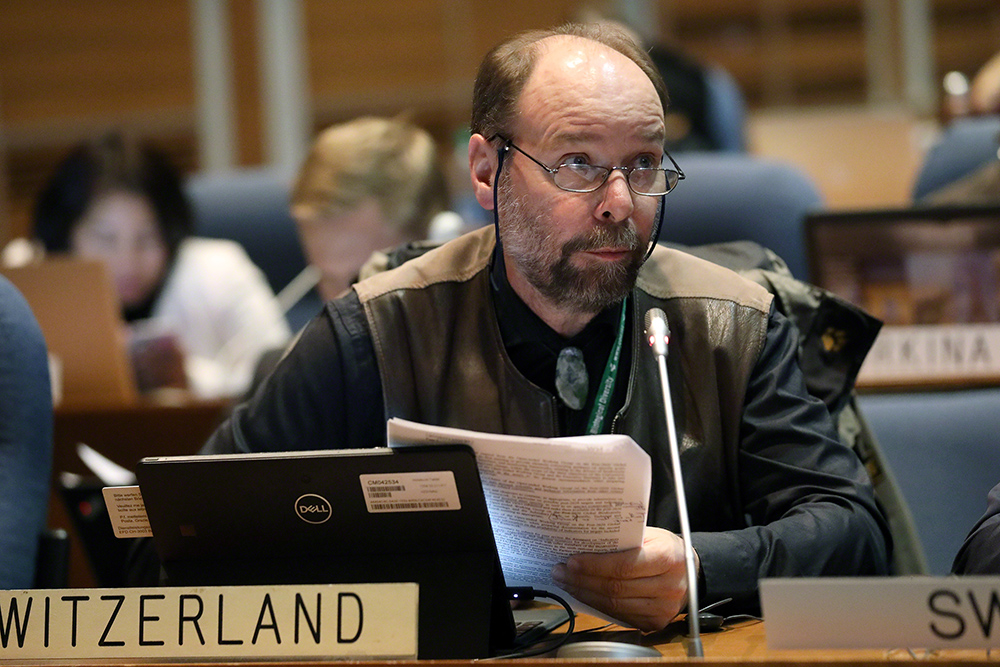
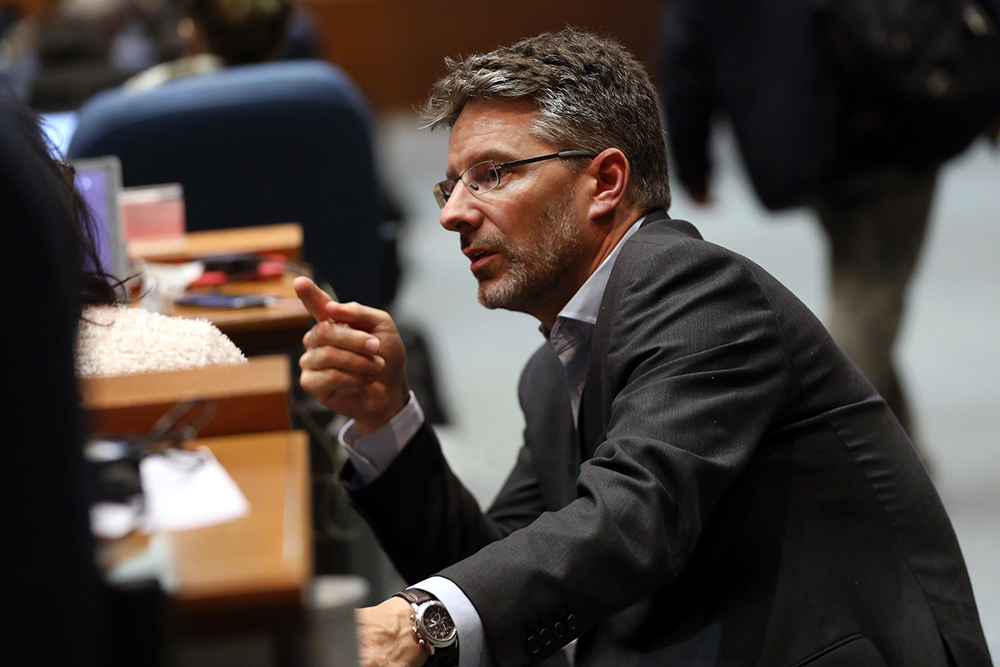
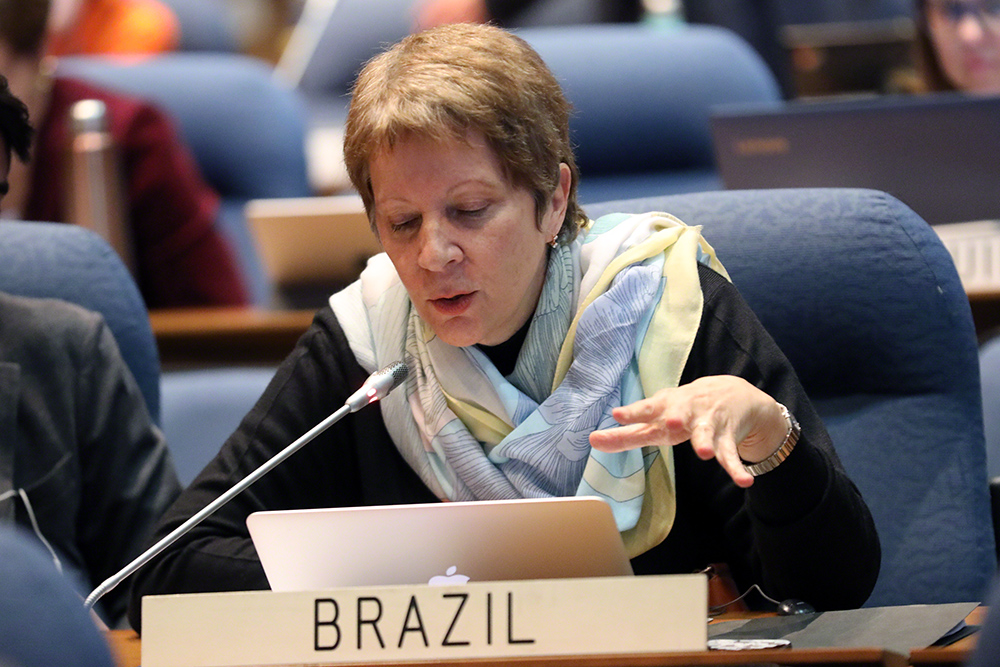
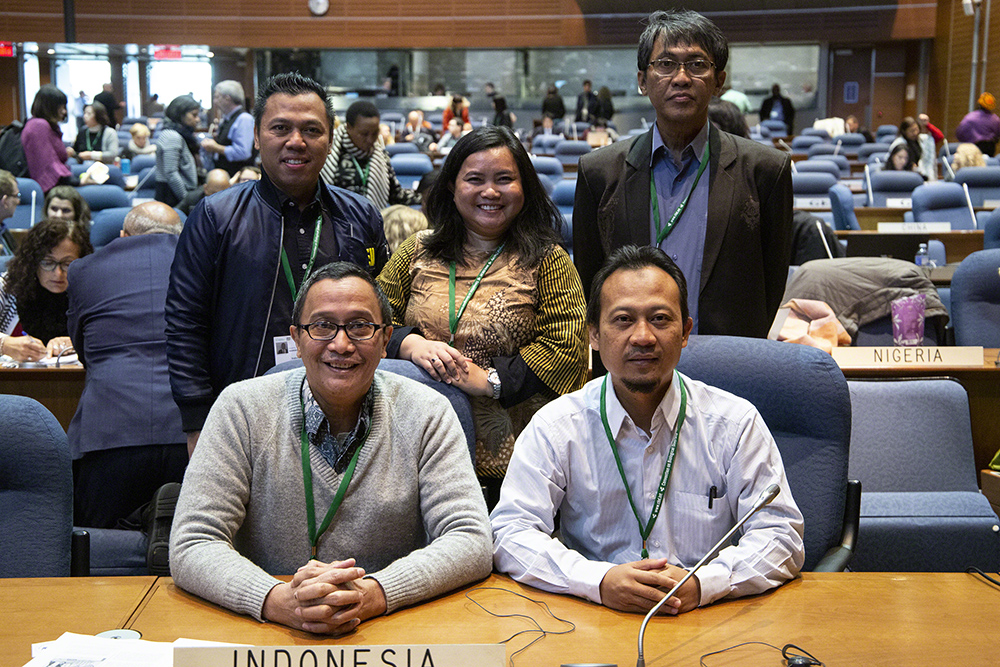
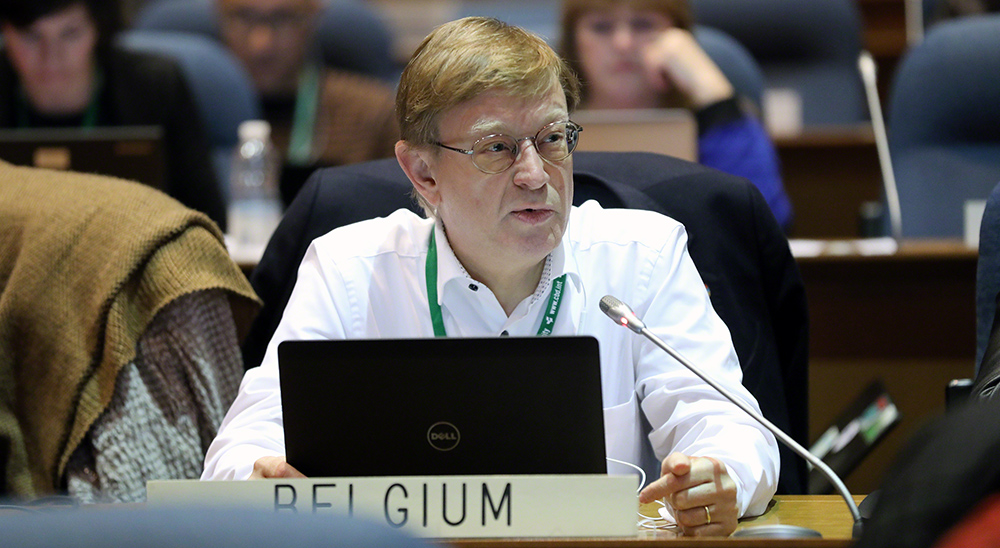
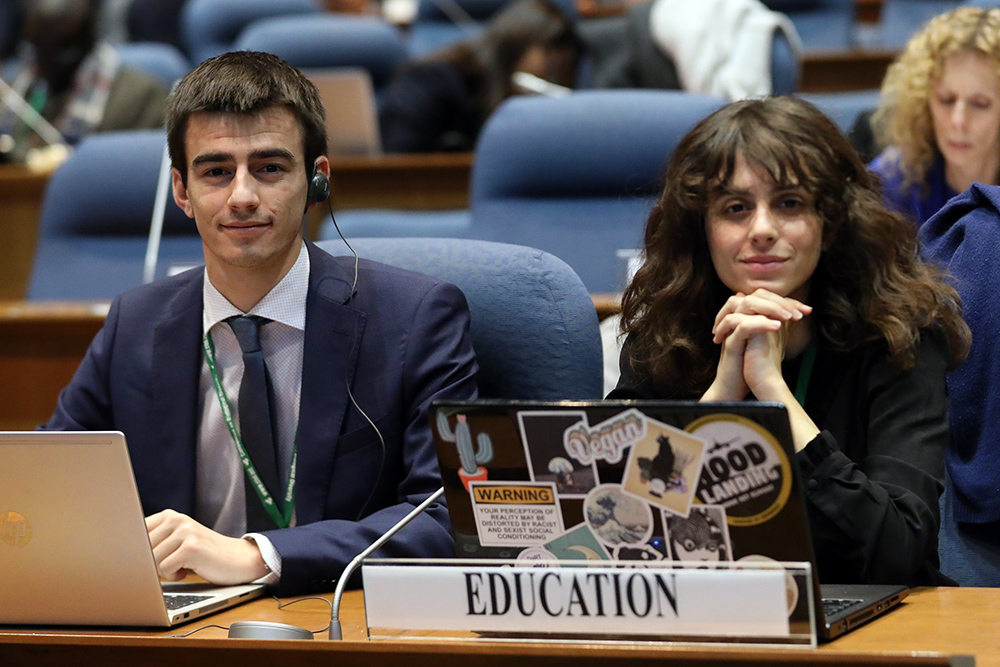
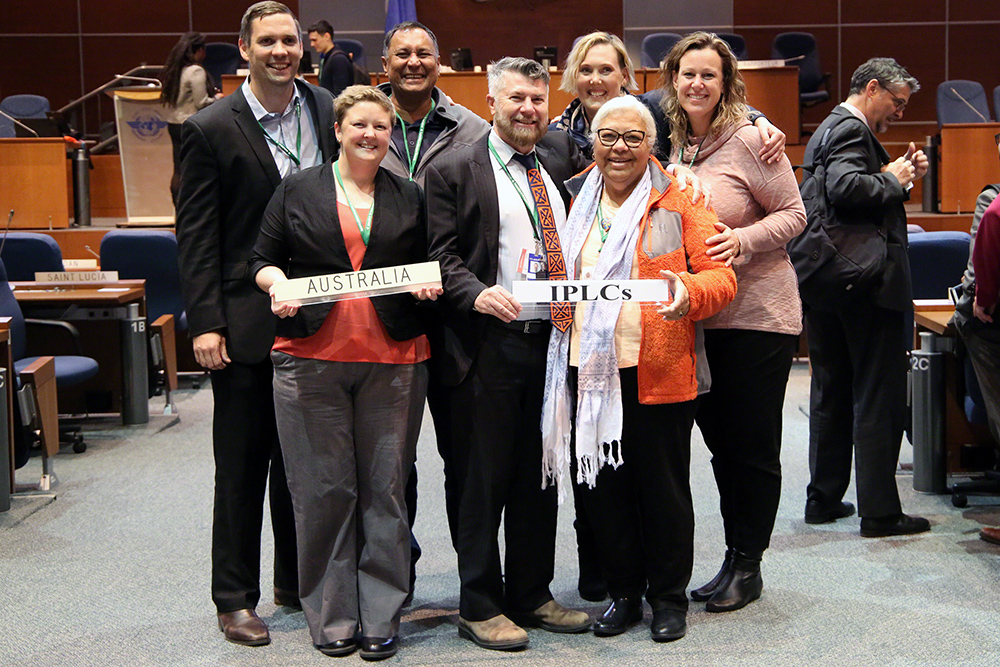
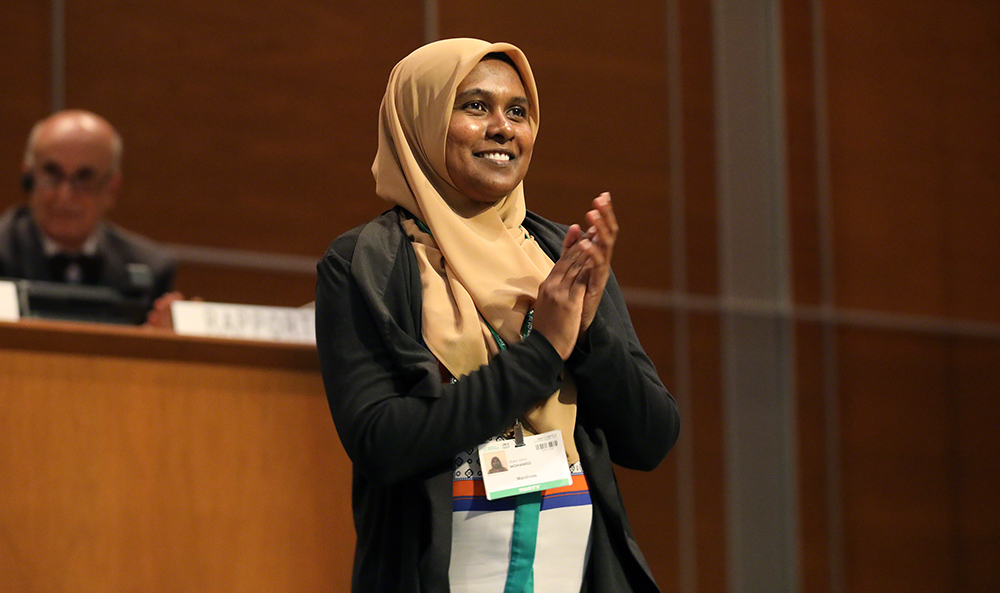
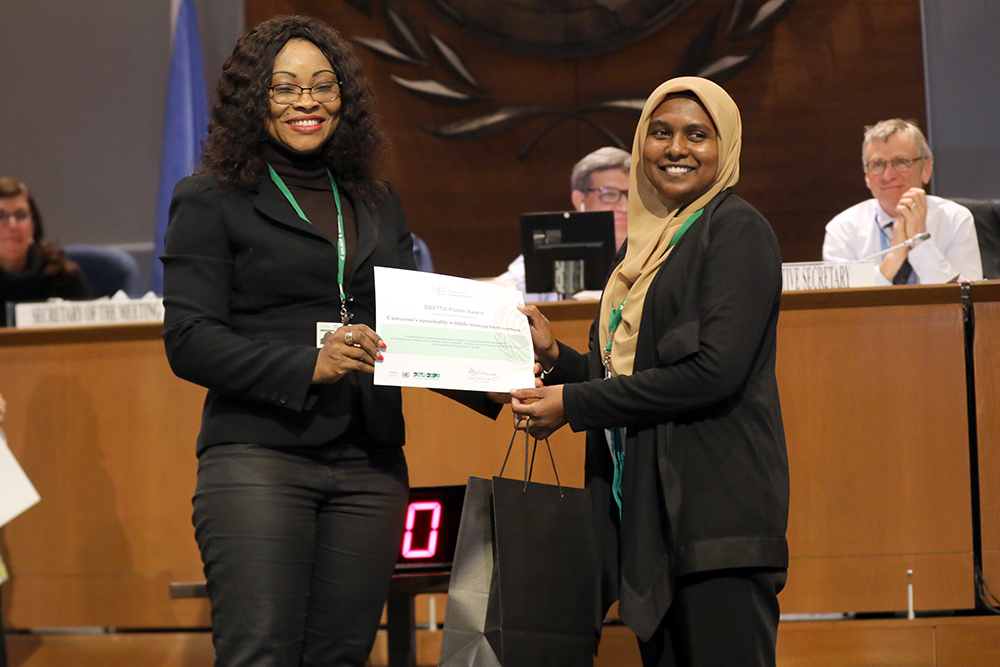
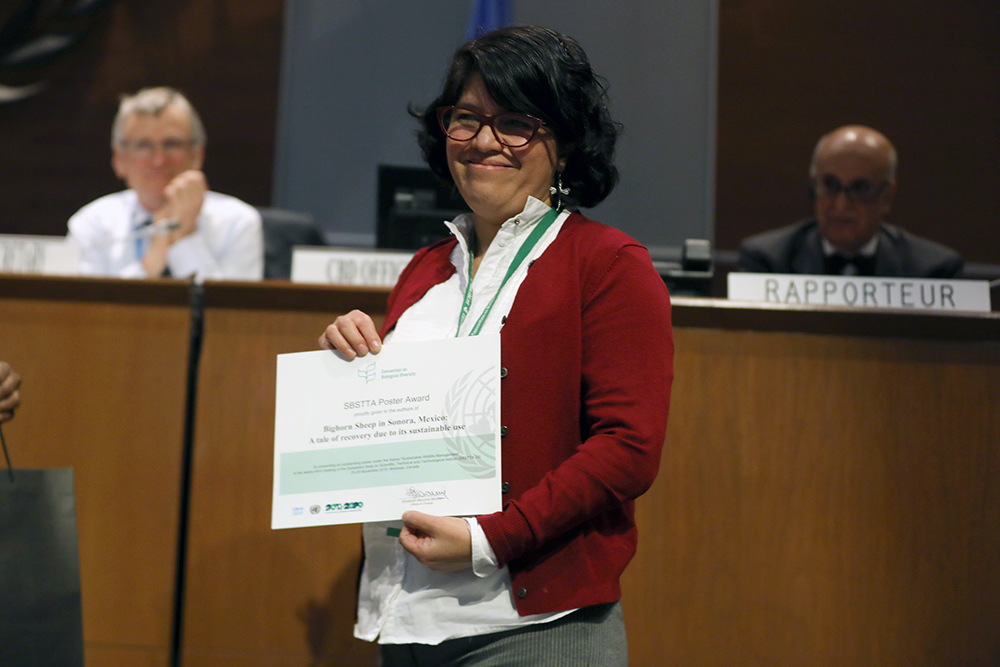
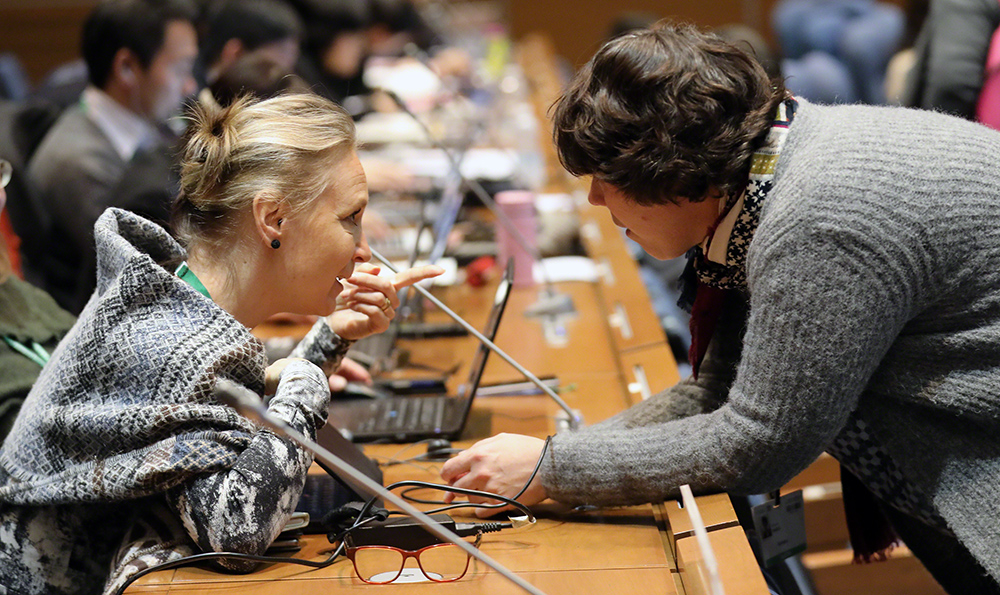
Around the Venue


